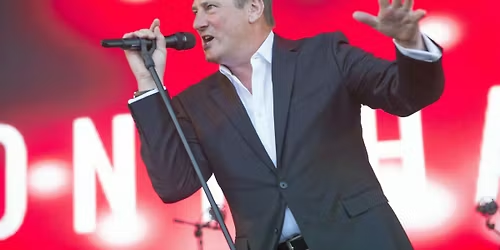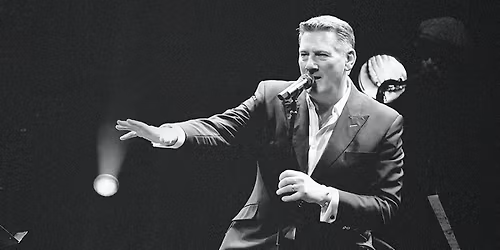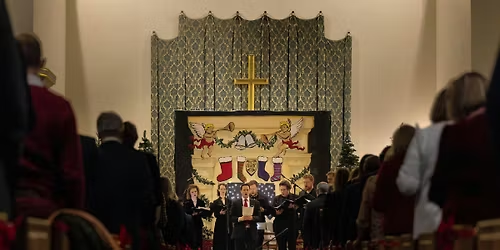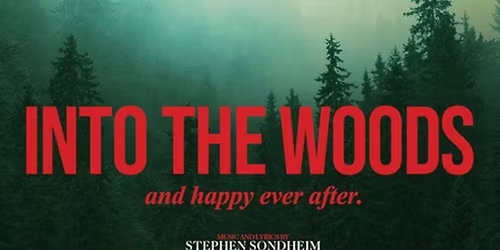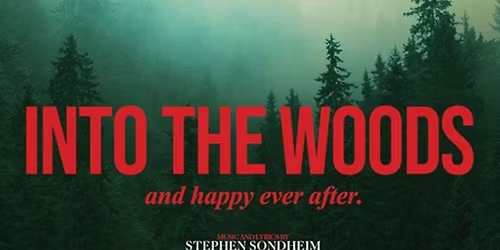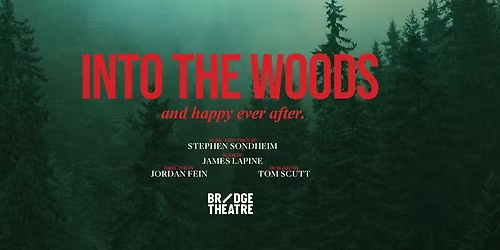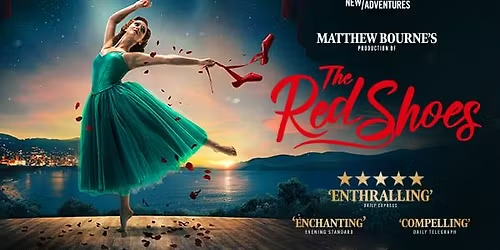
About this Event
Based on Christa Wolf’s breakthrough novel, Konrad Wolf’s 1964 Nouvelle Vague influenced film is an ambitious and artfully composed response to the construction of the Berlin Wall in 1961, conveyed through the poignant unraveling of a couple’s love.
After suffering a breakdown, Rita Seidel returns to her childhood village in 1961. As she begins to recover, she reflects on the past two years and the events that led to her collapse: After moving to the industrial town of Halle, she begins training to become a teacher, which includes working in a wagon factory as part of her socialist education. She is in love with the older Manfred Herrfurth, a chemist from a middle-class family who has just earned his doctorate. As Rita learns to assert herself in her factory job, a new chemical process developed by Manfred is rejected without explanation. Deeply disillusioned, he decides to move to West Berlin, expecting Rita to follow him. Just days before the construction of the Berlin Wall on 13 August 1961, Rita travels to West Berlin to see Manfred—but decides not to stay.
Divided Heaven is a faithful adaptation of Christa Wolf’s breakthrough novel of the same name. Published in 1963, the novel won the prestigious Heinrich Mann Prize from the East German Academy of Arts and Christa Wolf was invited to become a candidate member of the Central Committee of the SED, which she accepted. However, the novel also faced criticism for allegedly misrepresenting socialist reality. Fully aware of the controversy, Konrad Wolf—no relation to the author—chose to adapt the novel even before it was completed, with Christa Wolf actively collaborating on the screenplay. Eager to develop a new cinematic language that could reflect the complexities of East German reality, Konrad Wolf employed techniques such as montage, metaphorically charged recurring image motifs, unusual camera angles, and abrupt visual transitions, showing the influence the French Nouvelle Vague.
In a recent analysis, film historian Larson Powell has also highlighted the film’s sophisticated use of music: a score of jazz and folkloric themes as well as the sound of waltzes, pop songs, and radio snippets from both East and West German broadcasts present in the lives of the characters. Though regarded as a vital stimulus for innovation in GDR cinema, the film was also criticized for its complex structure, stylistic artifice, overburdening its audience and posing a threat to cinema as a mass medium. Yet, its emotionally resonant portrayal of the rupture caused by the building of the Wall—told through a love story—deeply moved East German audiences and made Divided Heaven a major box office success.
GDR, 1964, 109 min, b&w, German with English subtitles
Directed by Konrad Wolf, script: Konrad Wolf, Christa Wolf, Gerhard Wolf, Kurt Barthel, and Willi Brückner, dramaturgy: Willi Brückner, editor: Helga Krause, camera: Werner Bergmann, set design: Alfred Hirschmeier, costume design: Dorit Gründel, music (score): Hans-Dieter Hosalla. With Paul Berndt, Renate Blume, Christoph Engel, Eberhard Esche, Martin Flörchinger, Günter Grabbert, Hans-Joachim Hanisch, Hans Hardt-Hardtloff, Horst Jonischkan, Petra Kelling, Jürgen Kern, Frank Muchelis, Erika Pelikowsky, Hilmar Thate, Horst Weinheimer.
Find out more about the
Find out more about our cultural events:
Subscribe to our cultural newsletter:
Follow us on social media:
Event Venue & Nearby Stays
Goethe-Institut London, 50 Princes Gate, London, United Kingdom
GBP 3.00 to GBP 6.00



